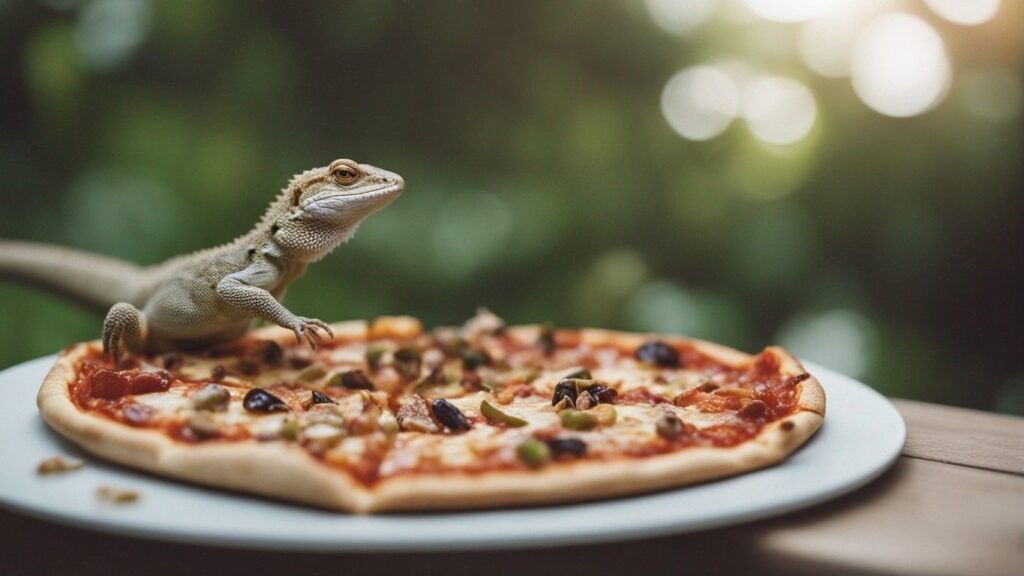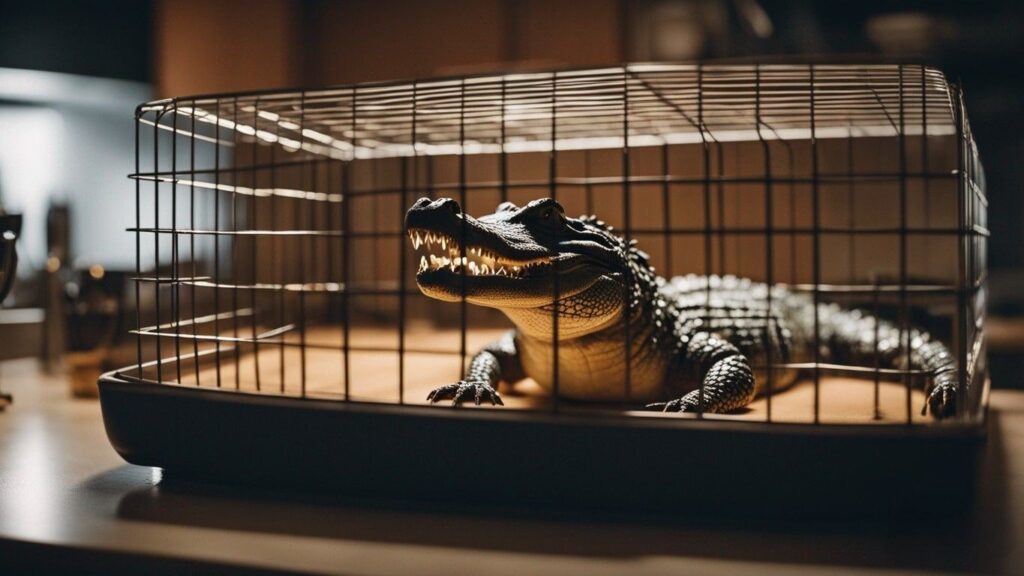
So you’re considering a pet snake, but want to know which ones are the safest to have? Look no further, because in this article, we’ll explore the various snake species that make great companions for snake enthusiasts.
Whether you’re a first-time reptile owner or a seasoned snake keeper, we’ve got you covered with information on the safest snakes to have as pets.
From docile ball pythons to friendly corn snakes, you’ll discover which snakes are not only safe but also make for fascinating and low-maintenance pets.
Get ready to slither into the world of owning a safe snake!
What Are The Safest Snakes To Have As A Pet
If you’re considering getting a pet snake, safety is likely one of your main concerns. While snakes are known for their unique and fascinating beauty, it’s essential to choose a species that is safe to keep as a pet.
In this article, we will explore some of the safest snake species for pet owners, including Ball Pythons, Corn Snakes, Rosy Boas, Kenyan Sand Boas, Milk Snakes, Kingsnakes, Garter Snakes, California Red-sided Garter Snakes, Rat Snakes, and Children’s Pythons.
Ball Pythons
One of the most popular pet snakes, Ball Pythons, are known for their docile nature and manageable size.
These snakes usually grow to be around 3-5 feet long, making them an ideal choice for beginners or those who prefer smaller snakes.
Ball Pythons have a calm temperament and are generally easy to handle, making them a great option for families or individuals looking for a low-maintenance snake companion.
Corn Snakes
Corn Snakes are another excellent choice for beginner snake owners due to their friendly nature.
These snakes are usually smaller in size, growing to an average length of 4-5 feet. Corn Snakes are typically non-aggressive and tend to adapt well to captivity.
Additionally, they come in various vibrant colors and patterns, adding aesthetic appeal to your snake collection.
Rosy Boas
Rosy Boas are small and slow-moving snakes, making them an ideal choice for snake enthusiasts who prefer a gentle and easy-to-handle pet.
These snakes have a calm demeanor and are known for their friendly disposition. Rosy Boas are generally small, with lengths ranging from 2 to 4 feet.
Their manageable size, docile nature, and attractive appearance make them a popular choice for both beginner and experienced snake owners.
Kenyan Sand Boas
Kenyan Sand Boas are known for their charming appearance and manageable size, making them another safe option for snake enthusiasts. These snakes typically grow to be around 2-3 feet in length. One of the advantages of owning a Kenyan Sand Boa is their calm temperament and ease of handling. As their name suggests, Kenyan Sand Boas are well-suited for sandy substrates, mimicking their natural habitat.
Milk Snakes
Milk Snakes have a reputation for being gentle, low-maintenance, and easy to handle, making them an excellent choice for novice snake owners.
These snakes attain lengths between 2 and 5 feet, with some sub-species growing even longer.
Milk Snakes are known for their bright and vibrant colors, resembling the pattern of the venomous Coral Snake.
However, it’s important to note that Milk Snakes are non-venomous and pose no threat to their owners.
Kingsnakes
Kingsnakes are another safe option for those considering a pet snake. These snakes are generally docile and have a mild temperament. They come in a variety of colors and patterns, adding visual interest to your snake collection. Kingsnakes are relatively easy to care for and handle, making them suitable for both beginners and experienced snake owners. These snakes can reach lengths of 2-6 feet, depending on the sub-species.
Garter Snakes
Garter Snakes are small, harmless snakes that are often recommended for beginners due to their ease of care. These snakes are typically slender and grow to be around 2-3 feet in length. Garter Snakes are known for their friendly behavior and adaptability, making them an excellent choice for families or individuals who want a low-maintenance pet. Their diet mainly consists of insects, earthworms, and small fish, making them an intriguing option for owners interested in observing natural feeding behaviors.
California Red-sided Garter Snake
The California Red-sided Garter Snake is a beautifully colored snake, boasting stunning red scales along its sides. This species is typically found near water sources and enjoys basking in the sun. They are generally non-aggressive and can be easily handled with care. Additionally, California Red-sided Garter Snakes are known for their ability to help control populations of rodents, making them beneficial to have around gardens or farms.
Rat Snakes
Rat Snakes are a safe and fascinating species to consider as a pet snake. These snakes are known for their docile temperament and adaptive nature. Rat Snakes come in various sub-species, each with its own unique coloration and pattern. They can grow anywhere from 3 to 8 feet in length, making them a suitable choice for both beginner and advanced snake owners. With proper handling and care, Rat Snakes can become accustomed to human interaction, making them enjoyable pets to have.
Children’s Python
Despite its name, the Children’s Python is a gentle and harmless snake that can be an excellent choice for a pet. These snakes are usually small, reaching lengths of 2-4 feet. With a calm demeanor and manageable size, Children’s Pythons are excellent companions for first-time snake owners. They are known for being easy to handle and adapt well to captivity, making them enjoyable pets for snake enthusiasts of all ages.
Final Thoughts
In conclusion, choosing a snake as a pet requires careful consideration of various factors, including safety.
The snake species mentioned above, such as Ball Pythons, Corn Snakes, Rosy Boas, Kenyan Sand Boas, Milk Snakes, Kingsnakes, Garter Snakes, California Red-sided Garter Snakes, Rat Snakes, and Children’s Pythons, are among the safest snakes to have as pets.
However, it’s essential to conduct thorough research and ensure you can meet the needs of your chosen snake species before bringing one into your home.



